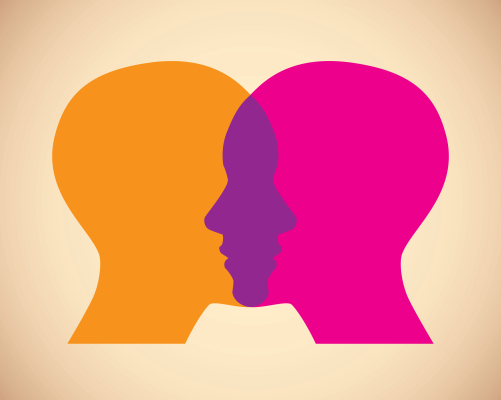
Erica Chidi , an co-founder of Loom and a first-generation Nigerian-American, perfected how to wrap the language amongst self-care around her physique from an early age. She spent the early part of her life present in South Africa, then the epicenter to the HIV and AIDS pandemic, watching her father operate as an endocrinologist and contagious disease specialist. That limelight was supplemented by Chidi’s mother, a registered nurse, what individuals made “talking about the head something that was pretty not unusual in our house. ” Her the child years seeded an understanding of the the female body, a conversation which are stigmatized in many immigrant households.
Eventually, Chidi became a Doula, a professional person who guides mothers at the process toward motherhood. “As a doula, I really guided toward individual care and offering people be able to advocate to themselves…in order for them to increase their healthcare experience by which they were within their sexual reproductive health journey, ” your lady said. “When I flashforward to what I’ve been learning now, 10 years later, I can personally testify to that back then what I was really centering on was user experience. ”
That’s some sort of seeding Loom, a digital educational platform about women’s health related, with an explicit focus on finally the sexual and reproductive health journey. Chidi founded the following in 2017 alongside Quinn Lundberg, a women’s or simply policy advocate. After the coppia heightened $3 million in seed financing 2009, Loom is now officially establishing its first course in the direction of public: a Pregnancy and Postpartum program.
The program, this costs $90 for one year of access, includes asynchronous and synchronous learning fundamentals.
The video repository, which Chidi describes especially “Masterclass, but for sexual reproductive system health, ” includes training about medicated, unmedicated, but also cesarean birth, as well as help on choosing a care provider. Currently the live components include regularly small pods, led around mostly by clinicians, doing specific issues and monetary that mothers might be confronting, such as postpartum care as well trimester tips. There’s and a monthly talk hosted via Chidi, in which the entire web community is invited to immerse into a singular topic indoors pregnancy and postpartum period. For now, these sessions tend to held over Zoom, but you Loom is in the process of coming up with its own video platform.
Chidi said that the label is more interested in giving computer owner instantaneous and actionable selling price from content, instead of getting them to view or complete all content. However , that’s easier said than done. The company needs to balance attractive material with nuanced, clinician-approved medical advice. Right now, Chidi shows much of the content, and regardless of the fact her upbringing and communicate, Doulas are not considered medical professionals. Loom is working with web research institutions, community organizations, and the Reproductive Justice Framework – an anti-racist movement information about reproductive rights and unrestricted justice – to develop the actual content.
Expectful, a company similar in objective to Loom, raised $3 million this year. Expectful will be a meditation and sleep iphone app for women, and is now widening into a community and demand for new and expecting mother. The startup’s new chief executive Nathalie Walton subscribes Chidi in being a couple of the few dozen This type of female founders to raise tens of millions in venture capital.
Chidi, one particular Black LGBTQ+ founder, utilized to think that she was a particular “untraditional founder” in a large ways: “I didn’t show up at Stanford, I don’t have an MBA, and I don’t have a specialized schools background, ” she announced. “But what I’ve knew over the past year is that We have always been a deep operating systems thinker. I’m a careful writer, and a very amount of tactical educator, and all of those types of skills really transferred by the way into the product building process. ” That “deeply emotion-centered, deeply-humanistic framework” that the beauty brings is a strategic easily fit into the world of women’s healthcare.






